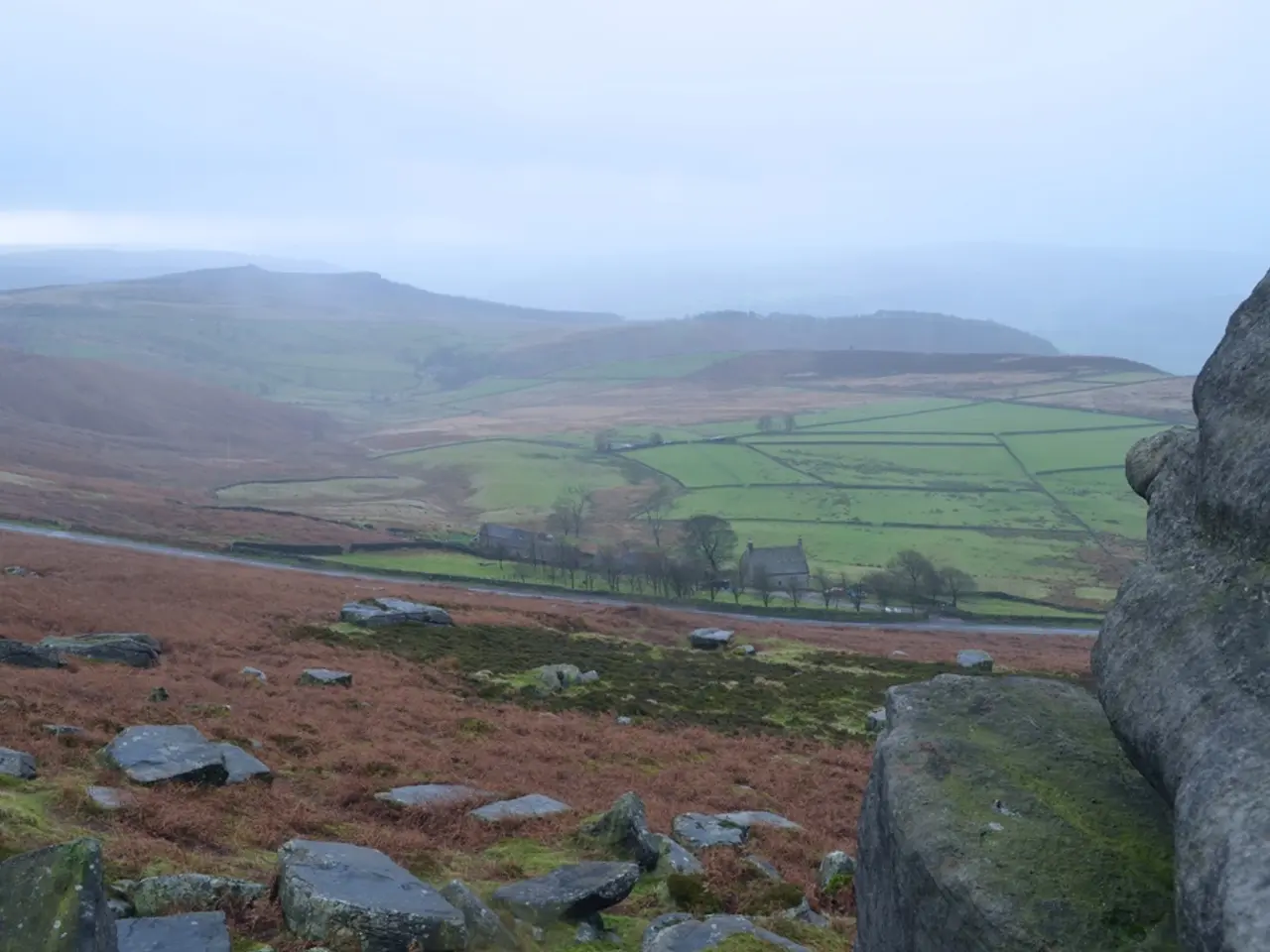Wet weather has left Doñana's aquifers unrecovered, according to the junta's response to Unesco.
The Doñana aquifer in Spain is currently facing critical challenges due to the combined effects of climate change, overexploitation for intensive agriculture, and illegal water extraction. These pressures have caused severe degradation of the aquifer and surrounding ecosystems, threatening biodiversity and the wetland's ecological resilience.
According to Catalina Garcia, the Counselor of Sustainability and Environment in Spain, climate change not only affects precipitation but also influences the modification of bird habits. She has warned that an exceptional year does not recover the aquifers of Doñana, and the reduction in rainfall in the region has been significant.
The Andalusian government has been taking steps to address these issues. On July 9, they proposed publishing the bases of their aid for farmers north of the Forest Crown of the Doñana Park, as the bases were not published in July. Ramón Fernández-Pacheco, the Minister of Agriculture, Fisheries, Water and Rural Development in Andalusia, stated that subsidies for municipalities were advanced, but it is a priority to attend to farmers.
However, the Platform in Defense of the Irrigators of the County of Huelva declared the Pact of Donana "broken" by the central government due to "repeated failures" in advancing the call for aid on July 8. The Pact of Donana, a periodic meeting between both administrations, mobilized 1.400 million euros, of which the Junta committed 728 million.
The Doñana aquifer's recovery depends on enforcing existing regulations against illegal extractions, promoting sustainable agriculture, and coordinated water resource management with climate adaptation strategies. UNESCO has urged urgent and comprehensive measures to protect the Doñana wetlands, highlighting slow progress and incomplete implementation of previous recommendations.
Since 2024, 296 illegal wells have been sealed by authorities to curb illegal groundwater extraction. The Provincial Council of Huelva approved a water transfer from the Chanza-Piedras system to mitigate desertification risks in the area. Environmental groups like SEO/BirdLife campaign actively against harmful agricultural practices and advocate for sustainable water use policies.
Conservation projects and eco-restoration efforts continue alongside awareness and eco-tourism initiatives that support habitat recovery. These efforts have shown promising results, with renewed wetland flooding benefiting wildlife populations in 2025.
The counselor emphasized the need for coordinated and responsible action between the Junta and the central government to face all the challenges that Doñana is suffering. The Junta de Andalucia's purchase of the Veta la Palma and Tierras Bajas estates will help with the hydraulic control of Doñana, especially in dry periods.
The interviewee expressed concern and a commitment from both administrations to resolve all the structural problems of the natural park and meet the protection challenges that the Doñana Park demands. The Spanish Government has committed to issuing an order for the aid to farmers by July or at the latest by early August.
The United Nations Educational, Scientific and Cultural Organization (Unesco) has also urged Spain to take urgent measures for the recovery of the Doñana aquifer. The evaluation of Doñana is ongoing to avoid its inclusion in the list of vulnerable zones by UNESCO.
The Doñana aquifer, a detrital aquifer located in Almonte-Marismas, Spain, is a vital resource that requires immediate attention and collective action to ensure its long-term sustainability and the protection of the unique biodiversity it supports.
References: 1. El País 2. EuroNews 3. BBC News
- Fashion designers are collaborating with environmental scientists to create sustainable clothing lines that minimize the impact on the Doñana aquifer and combat climate change.
- In the realm of health-and-wellness, lifestyle changes such as reducing water consumption and adopting environmentally-friendly practices can help alleviate the strain on the Doñana aquifer, thus promoting the wellbeing of the ecosystem and its diverse inhabitants.




